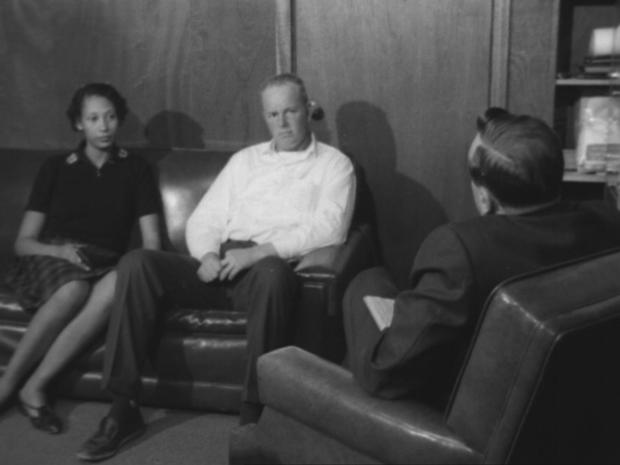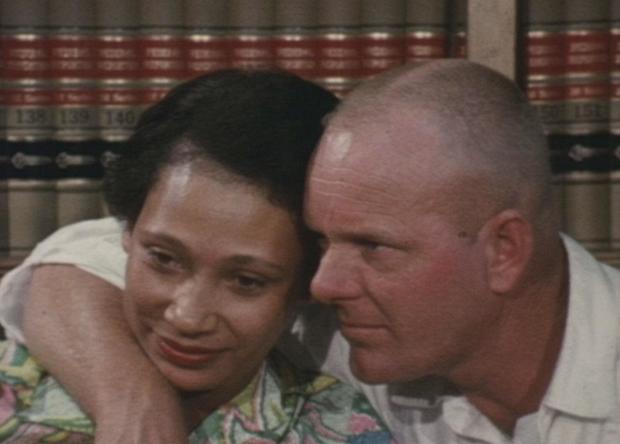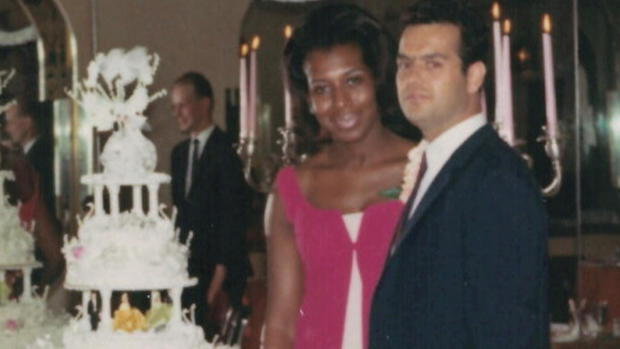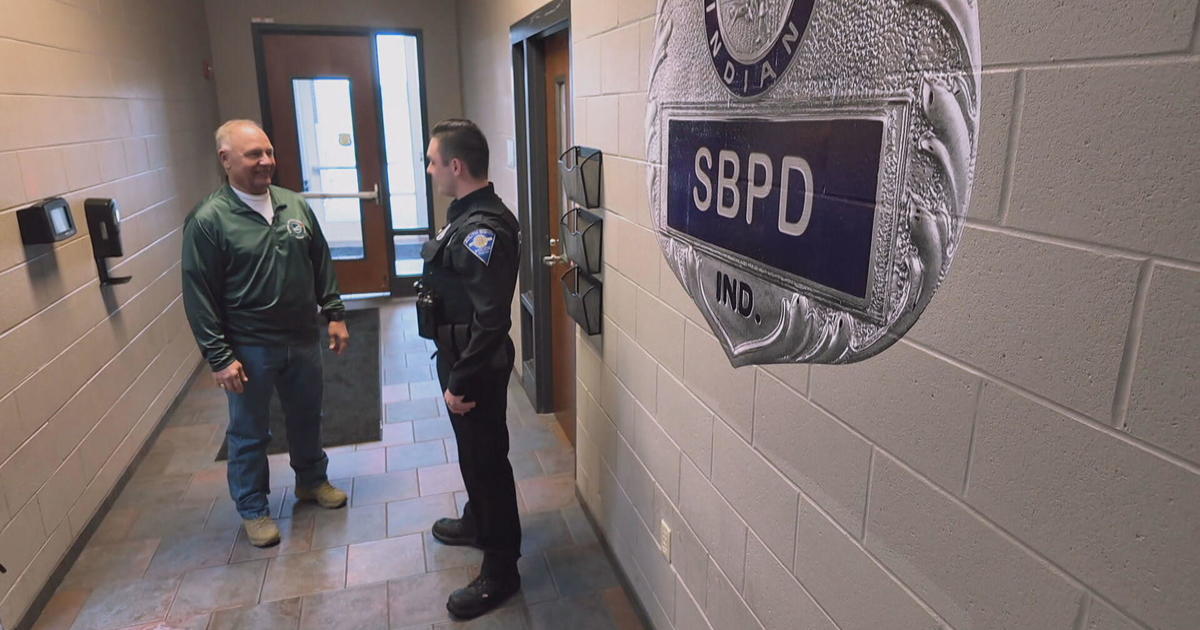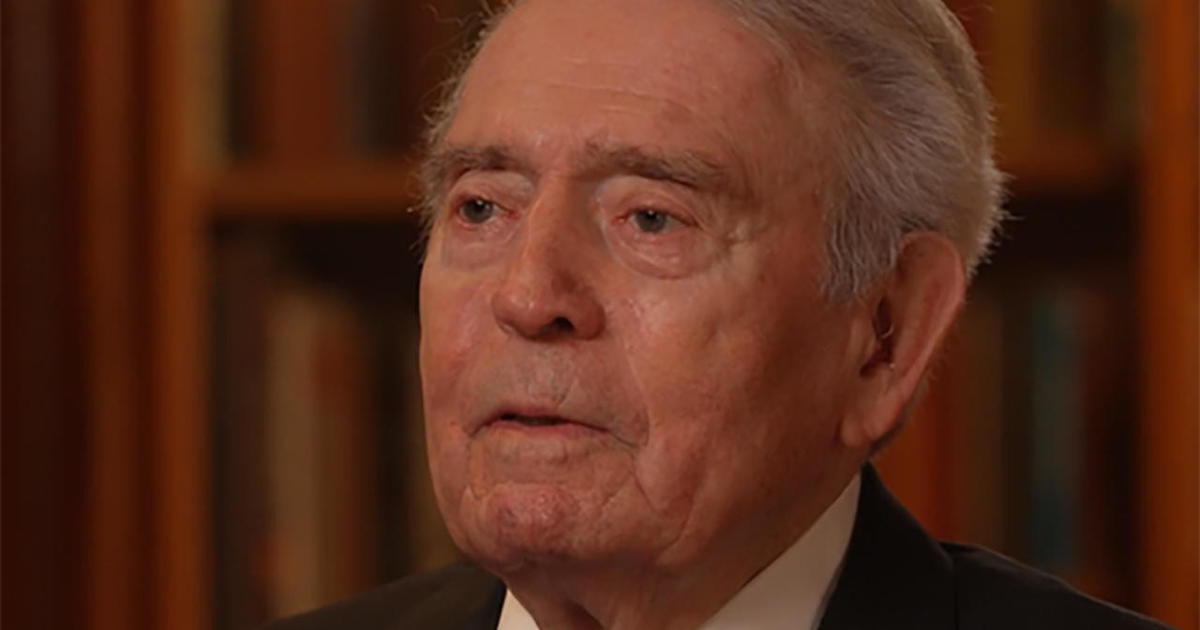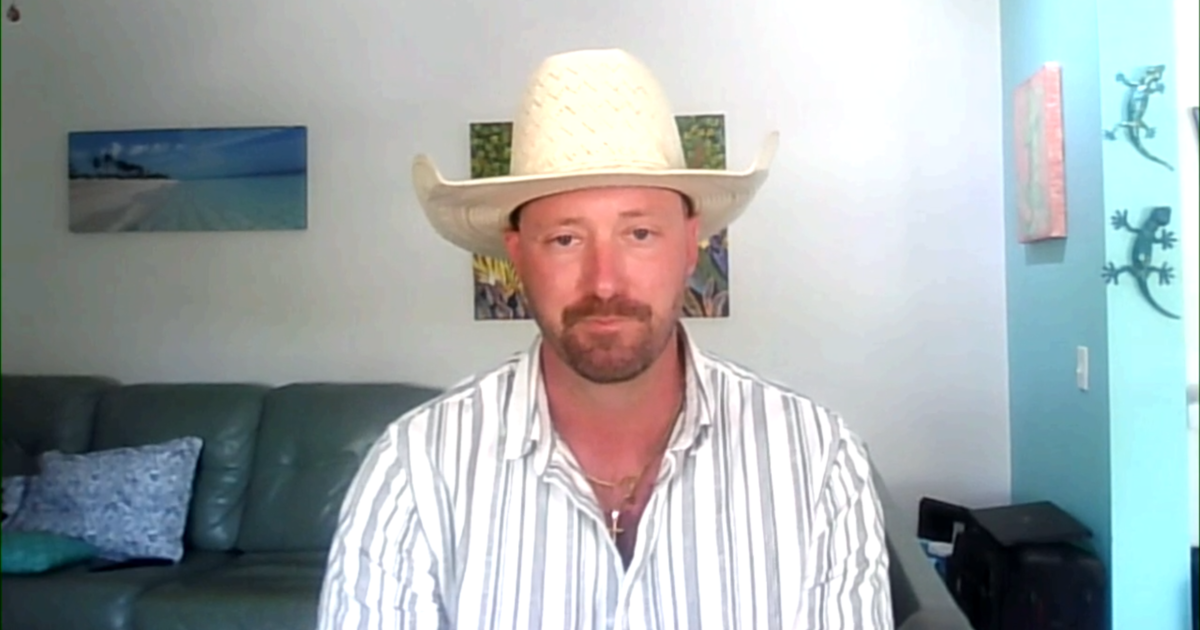How Richard and Mildred Loving "paved the way" for interracial marriage
The new movie, "Loving," chronicles the lengthy fight for interracial couples to get married in the U.S. Mildred and Richard Loving were the couple behind the landmark Supreme Court case when the state of Virginia challenged their marriage more than 50 years ago.
The Lovings were a quiet, unassuming couple from rural Virginia who got married hoping to live among their friends and family, but quickly ended up in the middle of a decade-long legal battle. In the end, their struggle shows how regular people can change the world, reports CBS News correspondent Jan Crawford.
"We were married on the June -- second day of June, and the police came after us the 14th of July," Mildred said in a January 1965 interview with CBS.
Mildred and Richard Loving were unlikely civil rights pioneers. The new movie tells their story: married in 1958 in Washington, D.C., they were arrested when they returned home to central Virginia.
Authorities ordered them to leave Virginia or face five years in prison for violating the state's ban on interracial marriage, as the couple explained in the CBS interview.
"I didn't want to, you know, leave away from around my family and friends," Mildred said.
"Leaving my home was the hardest for me. Because I didn't see why it made sense to have her leave," Richard said.
The Lovings settled in Washington, and seeing the struggle for civil rights up close gave them hope.
Philip Hirschkop was a recent law school graduate who, along with law partner Bernard Cohen, got involved in the Loving's fight after Mildred wrote a letter to the American Civil Liberties Union. Initially it was seen as a simple criminal case.
"Did you know right away this is a case that could change history?" Crawford asked.
"No," Hirschkop said. "If it was something of such great note, there's no way the ACLU would've let Bernie Cohen and me do it. He was two years out of law school with no experience whatever, and I was two months out of law school."
"Two months?" Crawford said.
"Saying we had no significant Supreme Court experience is overstating it. We had no Supreme Court experience," Hirschkop said, chuckling.
Despite the civil rights milestones of the 1960s, more than a dozen states at the time still banned interracial marriage.
"Those who support such laws claim they are necessary in order to preserve the purity of the races," one CBS News reporter said in 1965 in front of the Supreme Court.
"Ultimately the courts were our saviors," Hirschkop said.
The Supreme Court under Chief Justice Earl Warren was ready to end those laws. Its unanimous decision in Loving v. Virginia immediately changed the lives of interracial couples across the country -- including Rolf and Joan Esser.
"Did you ever think, 'I'm getting married. I want to get married where I grew up?'" Crawford asked.
"Exactly. But I knew it was illegal," Joan said.
Born just miles from the Lovings in Doswell, Virginia, Joan moved to New York in the mid-1950s where at a party she met Rolf.
"A black beauty. A princess," Rolf said, describing Joan.
A German immigrant, Rolf was captivated.
"Did you know that it might be considered illegal to have a relationship?" Crawford asked.
"No, no. I thought there was nothing wrong with it. Of course, you know, it was not a common thing. I know that," Rolf said.
When the Essers decided to get married in 1968, Joan assumed they couldn't return to Virginia.
"So we planned our wedding in New York, and I thought, 'It's going to be so sad. My parents won't be there. My family, my siblings. … And then I got a phone call from my mom telling me that there'd been a Supreme Court ruling. … She said, 'You can now legally get married down here!'" Joan recalled.
All because an unassuming couple was determined to go back home.
"So they were the pioneers for us. They made -- paved the way," Joan said.
And idealistic lawyers believed the country was ready for a new direction.
"There were a lot of outside influences that had nothing to do with our abilities," Hirschkop said.
"But it still changed history," Crawford said.
"It did. And it's -- these press interviews don't do much for me on it, but sometimes when I shave in the morning there's no one else there, I can look in the mirror and say to myself, 'Hey pop, I did right,'" Hirschkop said.
The Supreme Court's groundbreaking decision in Loving vs. Virginia confirmed the right to marry was protected by the Constitution and paved the way for future barriers to be broken. Last summer, the court overturned state laws banning same-sex marriage, a decision that wouldn't have been possible without Mildred and Richard Loving.
